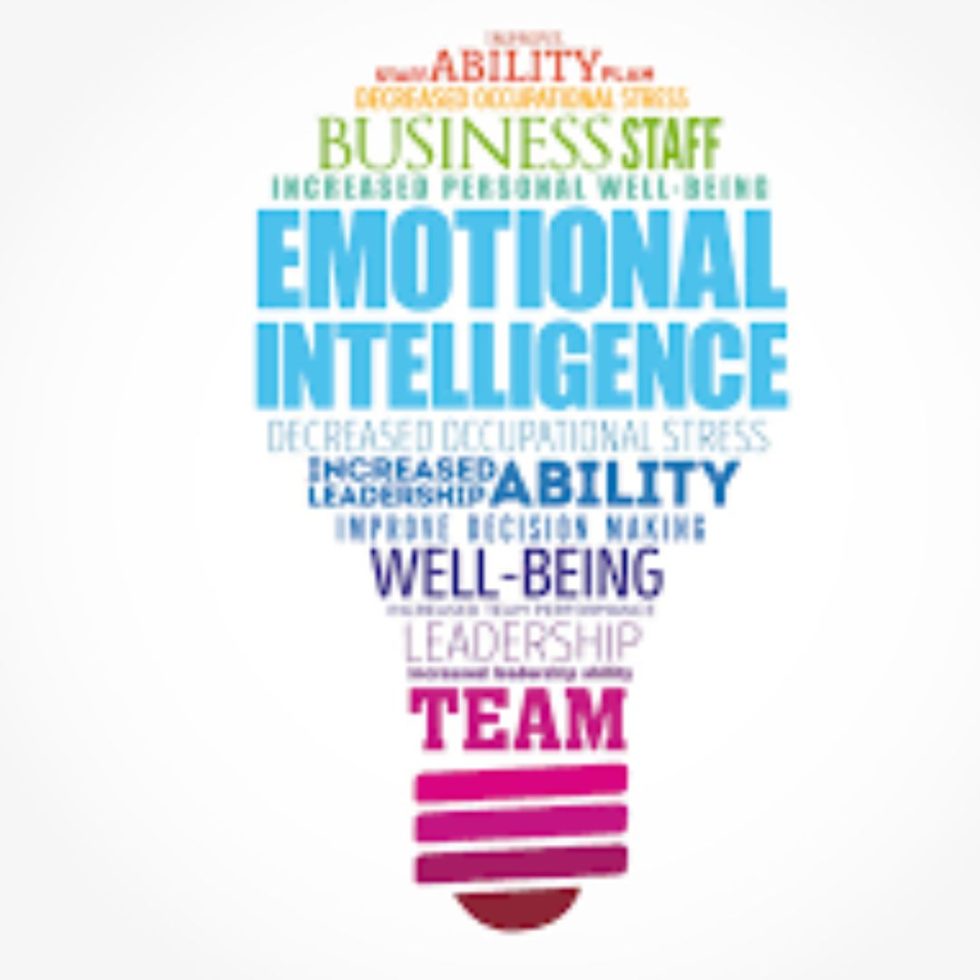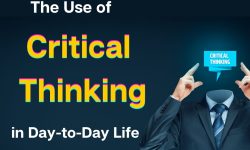
We all are aware of the term IQ. IQ is the mental ability of a person to get things. People with high IQs can score better in academics without much mental effort because they get things easily.
Similarly, Emotional Intelligence (EI) is related to the mental ability to perceive the emotions of others and one’s own.
Benefits of having higher emotional intelligence :
- People with higher emotional intelligence are less likely to suffer from stress and anxiety as they are better at controlling emotions and they can find out mental health issues in the initial stage.
- This kind of person can easily fit in group situations and are likely to handle conflicts more effectively
How does Emotional Intelligence improve Emotional Stability?
There are several key components of emotional intelligence including:
- Self-awareness: No doubt, self-assessment is hard. But it is important to recognize and understand one’s emotions, weaknesses and strengths. It helps to know one’s ability. To increase your awareness of yourself ask yourself difficult questions like
- How do your feelings affect how you react?
- Do your emotions affect the choices you make or the way you interact with other people?
- How effectively do you interact with others?
- Do you frequently become irritated, furious, or impatient?
- Do you need to change the way you’re handling these irritations?
- Are you accepting accountability for your deeds?
- Self-regulation: The ability to control one’s own emotions and impulses, and to adapt to changing circumstances in ways such that self-control is observed which will help in
- discovering techniques to relieve stress, such as yoga, and mindfulness exercises.
- taking a break, joining a support group, or speaking with a counselor and Recognizing that you have limited power over the world.
- reflecting and making a decision that is logical rather than one that is impulsive.
- Motivation: The ability to use one’s emotions to drive action and achievement, and to persist in the face of obstacles and setbacks and how to still get started again.To be able to connect truly, be prepared to put other things aside.
- What do you signify, ask yourself.
- Consider writing about or reflecting on your goals, both personally and professionally.
- What we want on a deep level is the source of motivation
- Pay attention to the things that make you happy, give you a boost, and replenish you.
- Find a role model or mentor to follow.
- Empathy: The ability to recognize and understand the emotions and perspectives of others, and to respond appropriately. We need to know to ask for or dispense impartial support. Don’t pass judgment but instead listen when someone shares a worry or problem with you. You give them resources and support if they ask for it.
- Social skills: The ability to communicate effectively, build relationships, and work collaboratively with others.to start improving social skills we need to hone our ability to consider an issue from a different viewpoint or point of view of another person in order to comprehend their conduct.
- Keep in mind that a person’s behavior is based on their own needs as perceived from that person’s perspective.
- Investigate the “why”; what issues might this person be facing that I am oblivious to? Why am I feeling different from how they are?
- Develop your listening skills; you must hear what the person is saying in order to be sympathetic.
Final Words
Emotional intelligence is knowledge and understanding of the self-emotions of humans through this understanding anyone can make safe decisions, live an anxiety or stress-free life, can improve relationships both personal and professional, and improve the quality of life.









